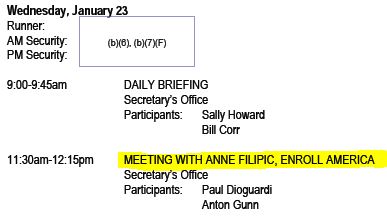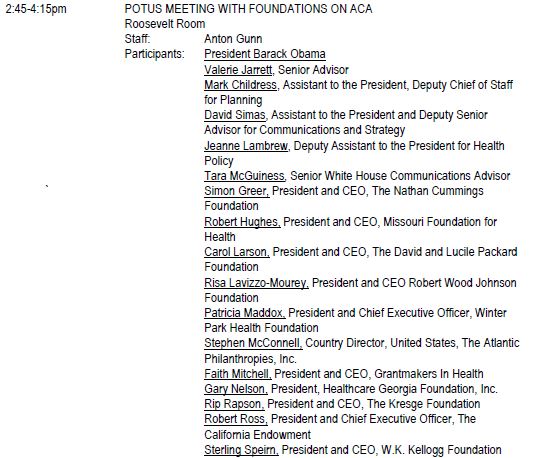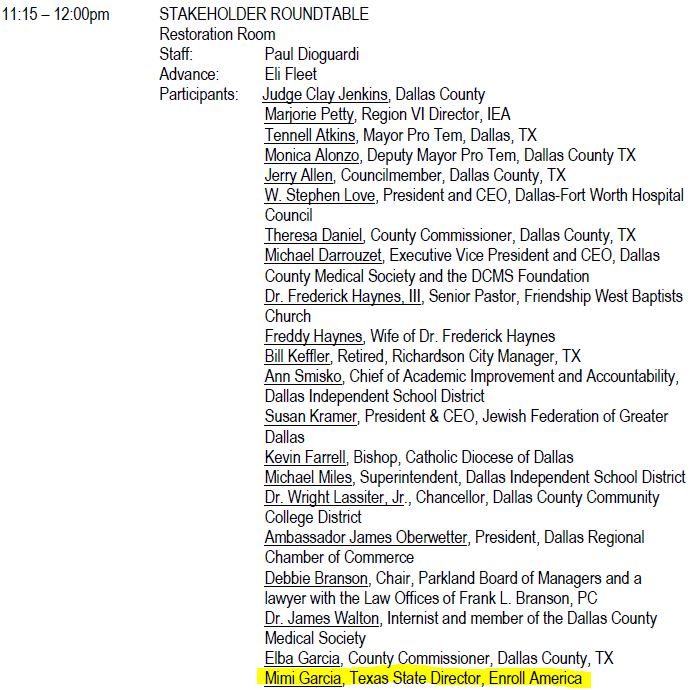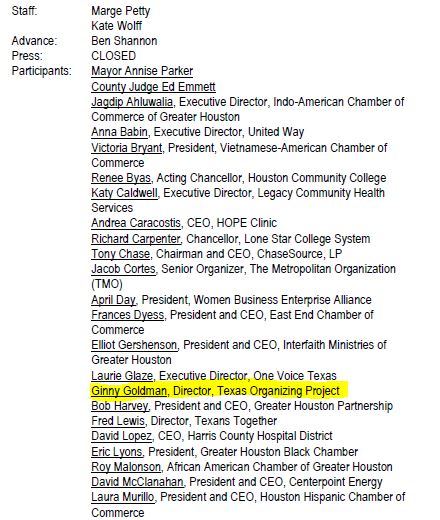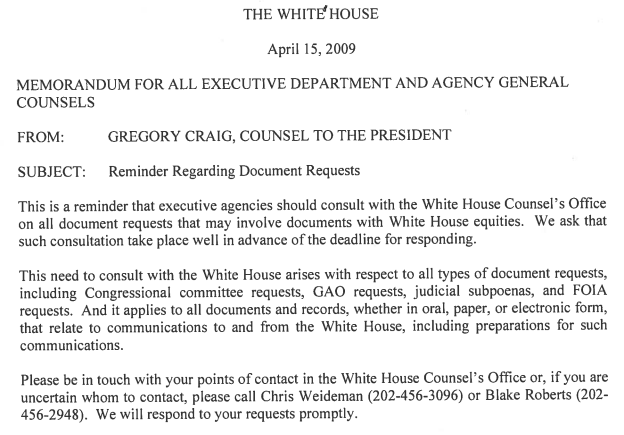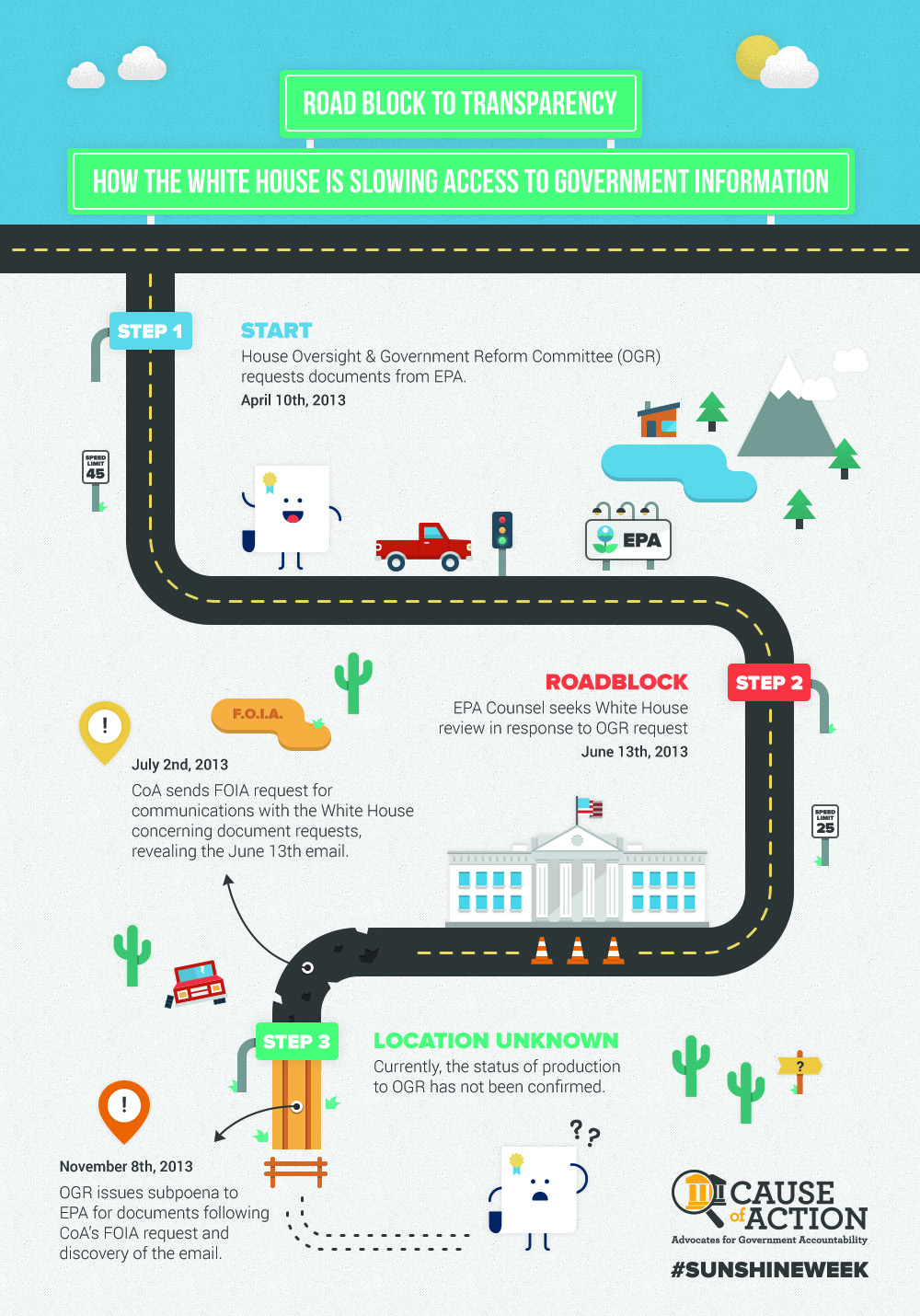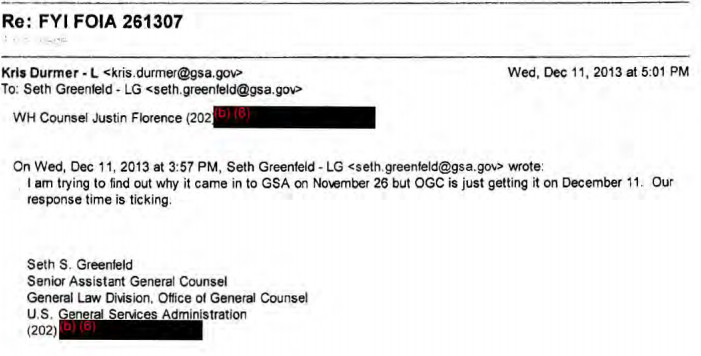If you ever wondered how a FOIA officer goes about crafting a response to FOIA requests, we’ve got the answer. DHS recently responded to a FOIA request by sending not a final letter, but the template language for FOIA responses.
DHS Template FOIA letter by CauseOfAction
It’s amazing that a request sent on January 12 could have been affected by the October government shutdown so that it was not received until January 13. If FOIA officers are so concerned with a one day time lapse for receipt of a request, where is the concern for the numerous months of delays in production of documents that requesters, including Cause of Action, often face?
Quickly after sending this letter, the FOIA officer recognized the error and sent a “corrected” response:
Letter with only DHS letterhead by CauseOfAction
Finally, 7 days later, DHS was able to get the correct response in order and produce documents.
